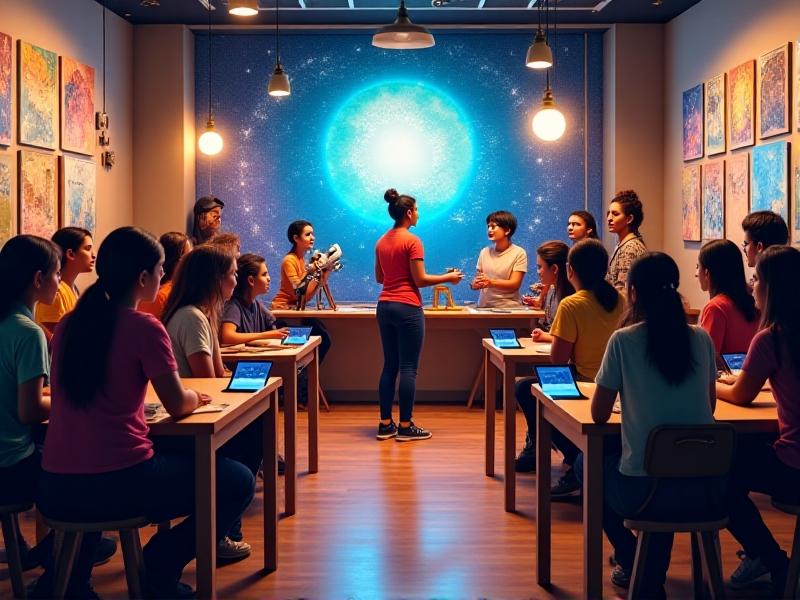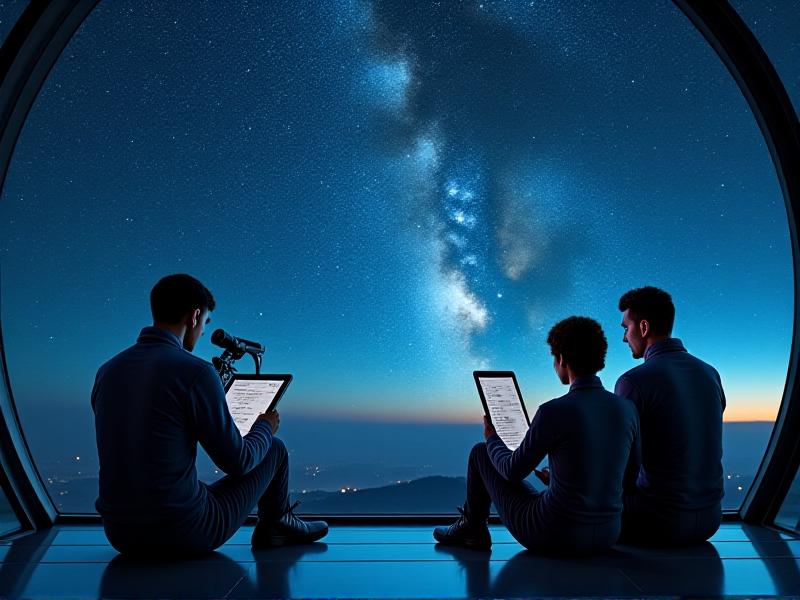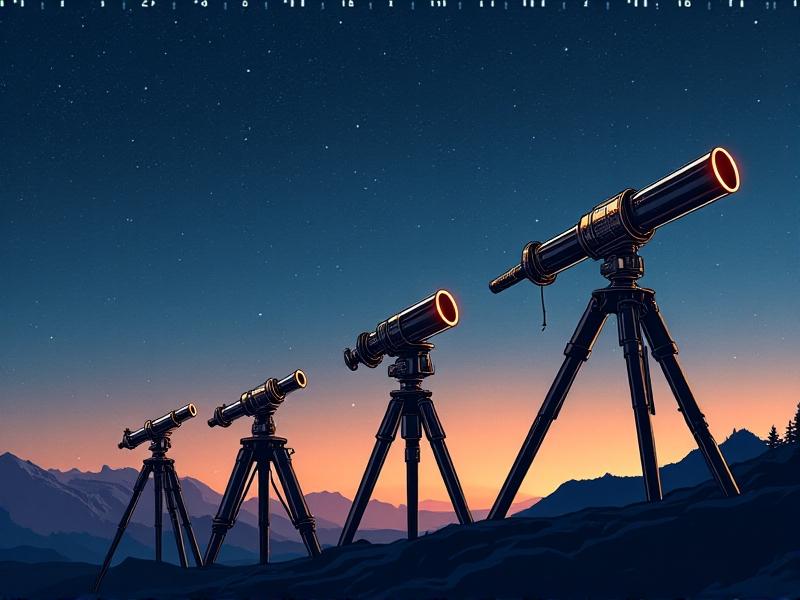Adaptive Astronomy Workshops for Neurodiverse Participants
Introduction to Adaptive Astronomy Workshops
Astronomy has long been a field that captivates the imagination, offering a window into the vastness of the universe. However, for neurodiverse individuals—those with conditions such as autism, ADHD, or dyslexia—traditional educational settings can often be challenging. Adaptive Astronomy Workshops aim to bridge this gap by creating inclusive, engaging, and accessible learning environments tailored to the unique needs of neurodiverse participants. These workshops not only foster a love for the cosmos but also empower participants by leveraging their strengths and interests.

Understanding Neurodiversity in Educational Settings
Neurodiversity refers to the natural variation in human brain function and behavioral traits. It encompasses a range of conditions, including autism, ADHD, dyslexia, and others. In educational settings, neurodiverse individuals often face barriers such as sensory overload, difficulties with traditional teaching methods, and social challenges. Adaptive Astronomy Workshops are designed with these challenges in mind, offering flexible learning approaches, sensory-friendly environments, and opportunities for social interaction that respect and accommodate the diverse needs of participants.

Designing Inclusive Astronomy Curriculum
Creating an inclusive astronomy curriculum involves more than just adapting existing materials. It requires a deep understanding of the specific needs and strengths of neurodiverse learners. Workshops often incorporate multi-sensory learning techniques, such as tactile models of celestial bodies, audio descriptions of astronomical phenomena, and visual aids like star charts and videos. The curriculum is structured to be flexible, allowing participants to engage at their own pace and in ways that suit their learning preferences. This approach not only makes astronomy more accessible but also enhances the overall learning experience.

The Role of Technology in Adaptive Workshops
Technology plays a crucial role in making astronomy accessible to neurodiverse participants. Tools such as planetarium software, virtual reality (VR) headsets, and augmented reality (AR) apps allow participants to explore the cosmos in immersive and interactive ways. These technologies can be customized to suit individual needs, providing a personalized learning experience. For example, VR can simulate the experience of walking on the moon, while AR can overlay constellations onto the night sky, making abstract concepts more tangible. By leveraging these tools, workshops can create engaging and memorable experiences that resonate with all participants.
Building a Supportive Community
One of the most important aspects of Adaptive Astronomy Workshops is the sense of community they foster. For many neurodiverse individuals, social interactions can be challenging, but these workshops provide a safe and supportive environment where participants can connect with others who share their interests. Facilitators are trained to create an atmosphere of acceptance and encouragement, where everyone feels valued and respected. Group activities, such as collaborative projects and discussions, help build social skills and foster a sense of belonging. This community aspect is essential for creating a positive and enriching experience for all participants.
Measuring Success and Future Directions
Evaluating the success of Adaptive Astronomy Workshops involves more than just assessing knowledge gained. It also includes measuring improvements in social skills, confidence, and overall well-being. Feedback from participants and their families is crucial for understanding the impact of these workshops and identifying areas for improvement. As the field of adaptive education continues to evolve, there is a growing need for research and collaboration to develop best practices and expand the reach of these programs. By continually refining and expanding these workshops, we can ensure that more neurodiverse individuals have the opportunity to explore the wonders of the universe.







